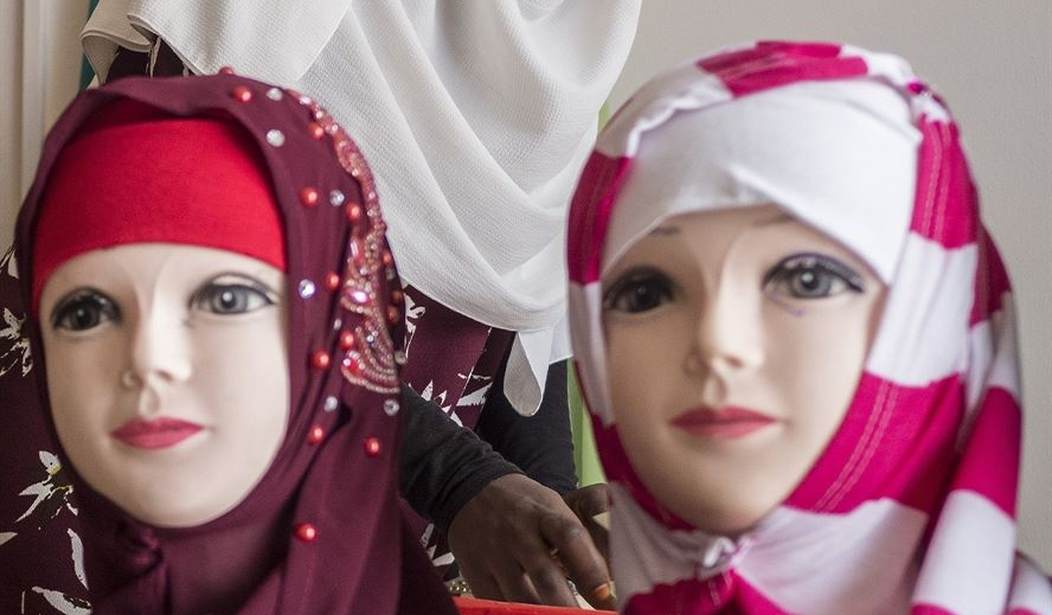Top News
Iran Ushers in 2024 by Restarting Practice of Flogging Women Who Refuse to Wear a Hijab

Roya Heshmati received 74 lashes for her refusal to wear a hijab. The Iranian regime has started to flog women who do not follow the Islamic rule of covering their hair.
What a way to start a new year. As Iranian women are fighting to be treated as human beings, the Iranian government is moving backward to intimidate women and shut down the movement for human rights.
Large-scale protests erupted in 2022 across Iran in response to the death of a 22-year-old Kurdish-Iranian woman named Mahsa Amini. She was arrested by the morality police for not properly covering her head in public in September 2022 and died in jail after being beaten. The “Woman, Life, Freedom” movement continues today.
Roya Heshmati is a vocal critic of the demand that women follow the Islamic rule. She received 74 lashes after refusing to obey the Iranian officials. Another Iranian woman, Zeynab (Bahar) Khonyabpour, was sentenced to 2 years in prison for sharing photos online without a hijab.
BREAKING:
Iran has restarted the practice of flogging women for not covering their hair in public.
Today, Roya Heshmati received 74 lashes for the “crime”
Via @BabakTaghvaee1 pic.twitter.com/bTFxBEOVRN
— Visegrád 24 (@visegrad24) January 5, 2024
Heshmati told her story of being lashed in detail. Her courage is breathtaking. It’s a long description but worth reading to fully understand the situation.
I called my lawyer this morning for the execution of the 74 lashes sentence.
We went together to the 7th District Prosecutor’s Office, passed the entrance gate, and I removed my hijab.
We proceeded to the 1st branch of the sentence execution. The branch employee said, “Put your scarf on your head so you don’t get into trouble.” I replied, “I came for this exact reason; whip me, I will not leave.” The execution officer arrived, saying, “Put on your hijab and follow me.” I responded, “I don’t want to, so why don’t you do it?
He responded: “I’ll whip you, and you’ll find out where you are. I’ll open a new case for you; you can be our guest for the other seventy-four.”
I did not go back. We went down where we saw some other boys waiting to be lashed for drinking alcohol. The man sternly repeated, “Didn’t I say put your scarf on?” Two chadori women came and pulled the scarf over my head. This was repeated several times, and standing next to me, the woman sighed and said, “I know, I know.” (…). They opened the iron door on the walls of the cement room at the bottom, where there were handcuffs and iron bindings on both sides of the bed with an iron device similar to the base of a painting canvas, slightly on this side. It was a medieval torture chamber.
The judge asked, “Ma’am, how are you? Do you not have a problem?” I remained silent as if he didn’t exist. He said, “I’m with you, lady.” I didn’t answer again. The executioner said, “Take off your coat.” I hung my coat and scarf from the base of the torture canvas. He said, “Put on your scarf.” I responded, “I will not. Put your Koran under your arm and beat it.” The woman came and said, “Please don’t be stubborn” and pulled the scarf over my head. The judge said, “Don’t hit too hard.”
The man started to hit my shoulders, back, hips, thighs, legs. I didn’t count the number of blows, chanting under my breath in the name of woman, in the name of life, our black night slavery dress torn, let all the whips be axed.
It’s over; we came. I didn’t let them out; they thought I was in pain, even worse than these words.
We went upstairs to the judge. I took off my scarf at the door. The woman said, “Please put your head on.” The judge said, “We ourselves are not happy about this matter, but it is wise and should be implemented.” I didn’t answer him. He said, “If you want to live differently, you can go abroad.” I said, “This country is for everyone.” He said, “Yes, but the law must be followed.” I replied, “Let the law do its job; we will continue our resistance.”
We came out of the room, and I threw my scarf again.
It sounds like those administering the punishment aren’t comfortable doing so, especially the woman helping her. The judge admitted he wasn’t “happy about the matter.”
Degrading punishments like flogging are strongly condemned in the international community. The Iranian government and the mullahs don’t care that the International Covenant on Civil and Political Rights outlines that such punishments are unacceptable. Iran is one of the few countries that still uses flogging as punishment.
The protests for human rights and women’s rights continue in Iran, though in a more subdued way. We don’t read about large protests across the country as we did from September 2022 through many months in 2023. Recognition of the women and men standing up and protesting against the Iranian regime is an embarrassment to the brutal dictators and their minions.
The Nobel Peace Prize committee granted its 2023 prize to Narges Mohammadi, a prominent and currently imprisoned women’s rights advocate in Iran. This recognized popular resistance to Iran’s authoritarian regime.
What a way to begin 2024. The imprisonment of protesters is escalating to the barbaric practice of flogging. This is the regime the Biden administration supports with billions of dollars in hopes of securing a nuclear weapons deal that will never stop Iran’s nuclear weapons program.
Read the full article here


















